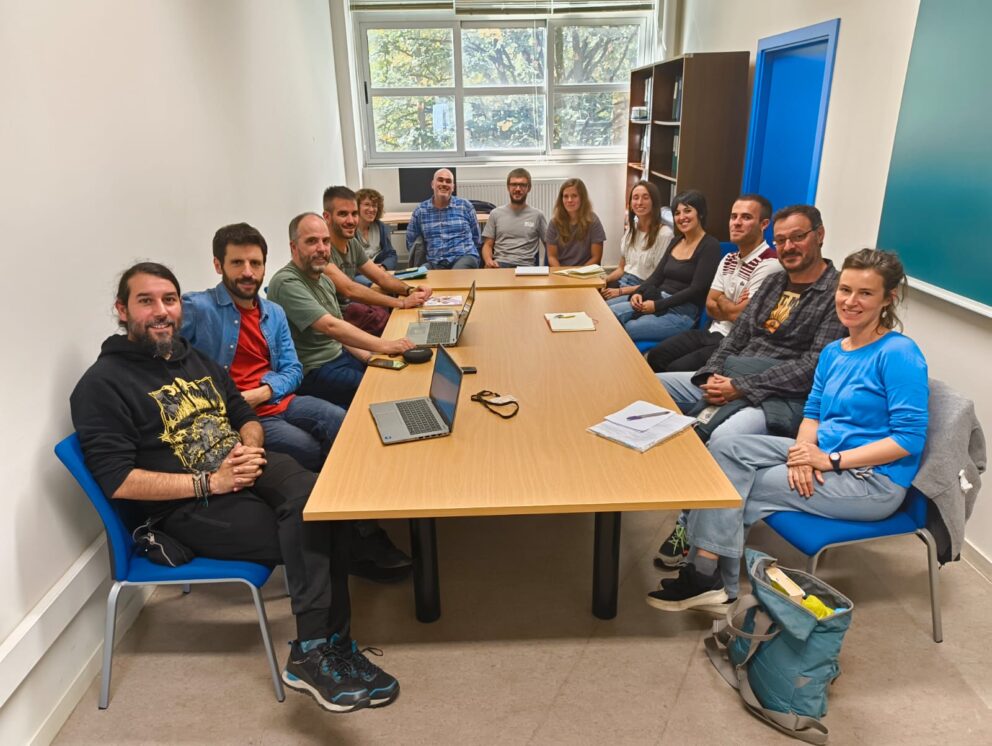On September 23rd, the initial meeting of the ITTEB project (Territorial Integration for an Energy Transition in Balance with Biodiversity) took place at the Bilbao School of Engineering with the participation of ENEDI members.
The climate and energy crisis has driven the need for an eco-social transformation toward sustainable energy models. However, the centralized implementation of renewable energies has generated significant environmental impacts and territorial inequalities, failing to consider biodiversity and local specificities. In this context, the ITTEB project proposes moving toward a paradigm shift in current energy planning, integrating energy, biodiversity, and territorial governance through the Regional Climate, Energy, and Biodiversity Plan (PCCEB, acronym in Spanish). Instead of centralized renewable deployment, it advocates for a transition tailored to the capabilities of each territory, incorporating efficiency strategies, reducing consumption, and developing green infrastructure through nature-based solutions (NBS).
As a pilot project, ITTEB will be implemented in Cuadrilla de Gorbeialdea (Álava), a region of high ecological value. Its implementation is structured around four key axes:
- Territorial and environmental analysis, identifying renewable potential, biodiversity, and ecosystem services in the study area. GIS and multi-criteria analysis will be used to delimit exclusion zones and optimal areas for renewable deployment.
- Development of an energy optimization tool based on OEMOF, integrating environmental constraints, demand, and transition scenarios. It will also include efficiency and consumption reduction strategies for more sustainable planning.
- A structured participatory process will involve local stakeholders, administrations, and experts validating strategies through iterations using the modeling tool. Co-management and citizen governance will be encouraged.
- Development of the Regional Climate, Energy, and Biodiversity Plan, with investment and planning strategies for 2030-2050, promoting community participation models in energy management.
Thus, ITTEB not only seeks to improve the integration of renewables in the region, but also to develop energy planning and biodiversity conservation tools that can be replicated in other contexts.
The project, which will last 36 months, has been funded through the Biodiversity Foundation (FSP) grant call, in a competitive bidding process, to support programs and projects promoting green infrastructure through knowledge generation, co-financed by the European Regional Development Fund (ERDF) 2024.

